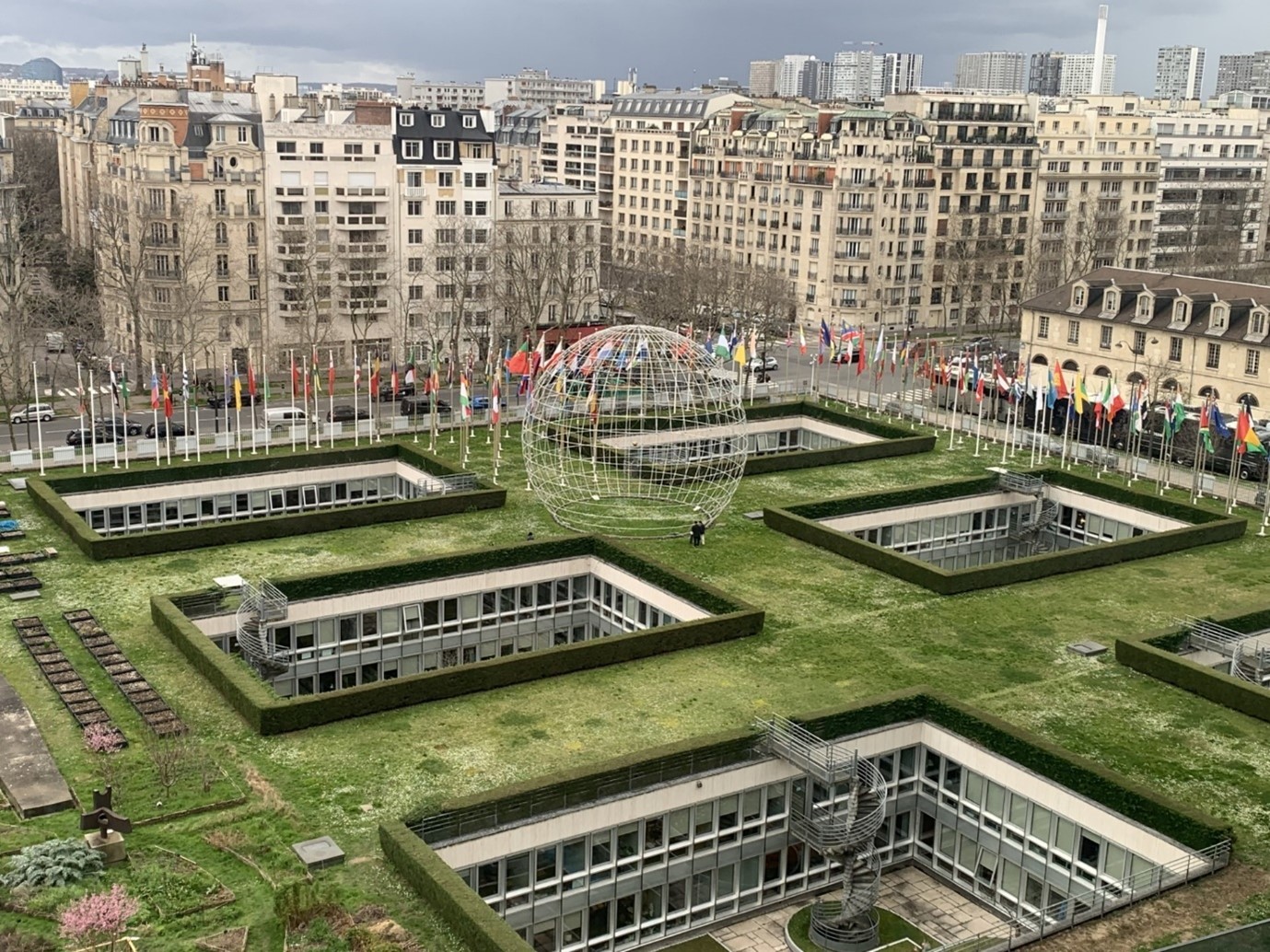Polly Cheswick recently represented The Mulberry Bush at the Global Inclusive Schools Forum co-hosted by the International Forum of Inclusive Practitioners (IFIP) & UNESCO. Her thoughts and reflections are below:
The purpose of the forum was to convene practitioners and provide a space to share experiences and highlight best practice from across the globe. The forum was made up of think tanks, panel discussions, opportunities to network and an interactive Global Inclusion Village. Discussions were held in English, French and Spanish with live translation into 3 languages and closed captions used to ensure accessibility for all.
The event was opened by Min Jeong Kim (Director for Division of Education at UNESCO) and Daniel Sobel (Inclusion Expert from the International Forum of Inclusive Practitioners) who set the scene for the forum. The room was full of excited learners, ready to absorb as much as possible about inclusive practice.
On the first day, panel discussions were held around supporting teachers and school personnel with inclusive teaching and practice. Delegates pondered different definitions of inclusion and thought about the global picture for children’s education in 2024. I was surprised to hear that globally there are 250 million children out of school and that only 1/6 of young people are able to access secondary education. The panellists highlighted that more needs to be done to support teachers during initial teaching training and as a part of continuous professional development (CPD) to allow teachers to learn about inclusive practice and how they may facilitate this in their schools. Questions were also asked around how we support practitioners to feel that they are included in their workplaces, in team spaces and how we consider accessibility to learning for all. Hearing from professionals from across the globe widened my understanding of issues facing teacher recruitment and retention, outside of the UK.
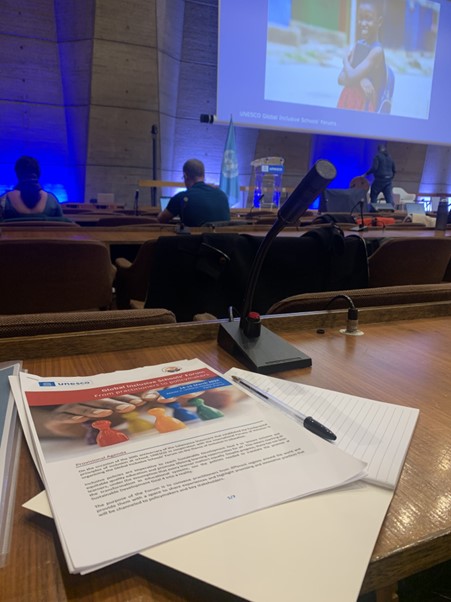
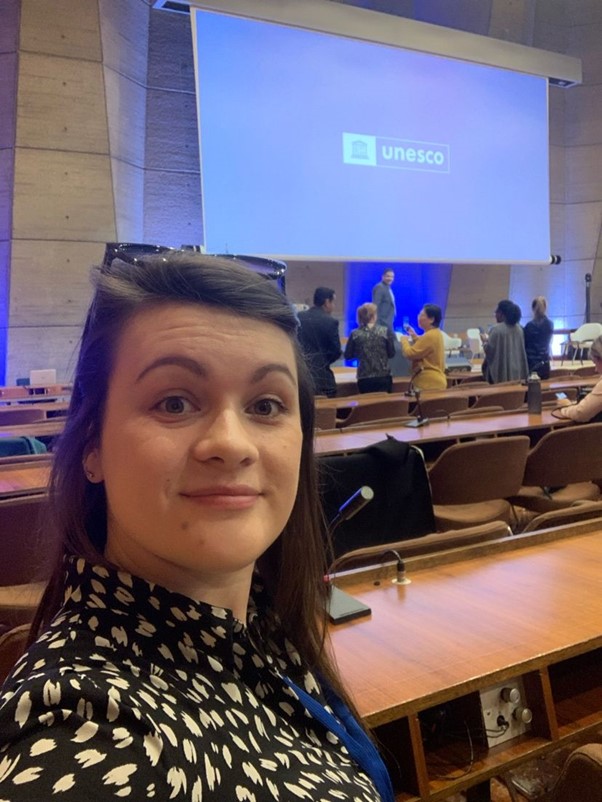
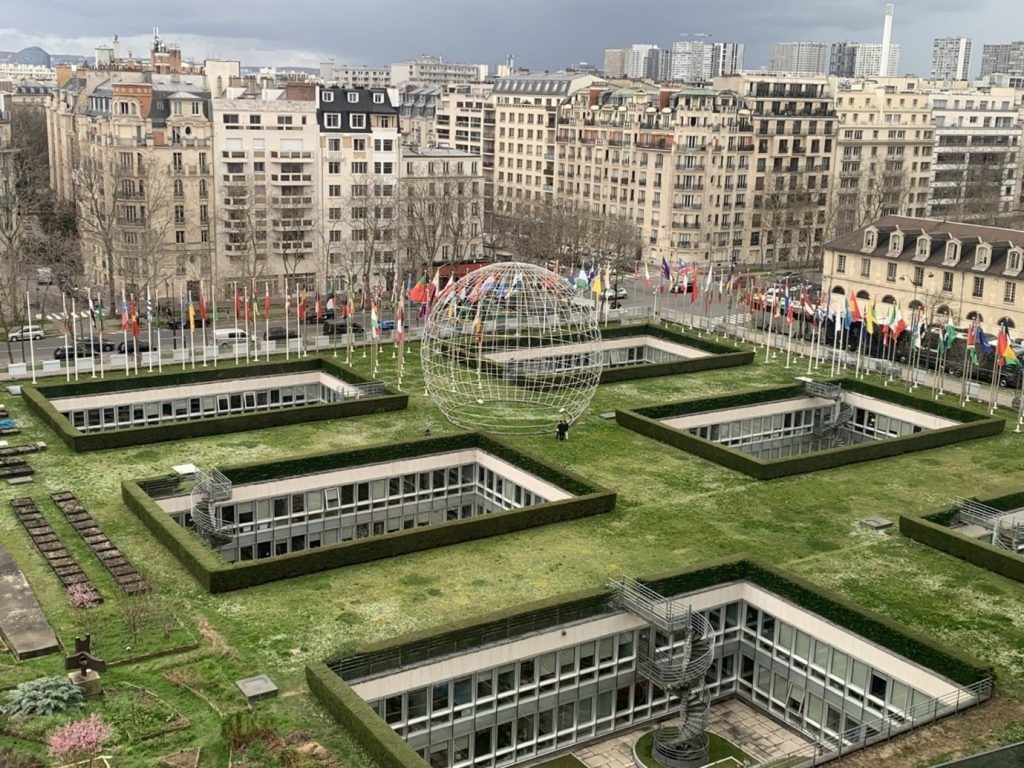
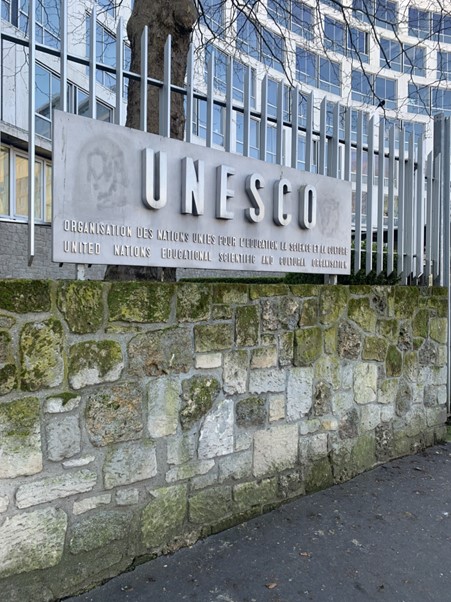
“Globally, 250 million children are out of education”
The next panel discussion focused on building safe, welcoming, and inclusive learning environments. Again, the panellists came from a range of countries and backgrounds, each sharing things they had learnt and developed in their own practice. One of the panellists (Mr Rú Ávila Rodríguez) shared that from his research, 90% of young people who identify as LGBTQIA+ experience insults in school. Whilst they may not be directed at the young people, they are still experiencing them and affected by them. The audience reflected on the impact this has and how this is still harmful for young people. Further research was shared which stated that children who learn in places where priority is given to wellbeing and gender equality do better academically.
The last part of the day involved smaller group discussions focused on exploring scalable initiatives that actively involve parents/ carers and the community in the inclusive education process to equip all stakeholders. I heard from delegates from the UK, Saudi Arabia, USA and South Africa on things they have put into place in their own schools to foster engagement from parents/ carers and create inclusive environments. One particular example from an executive headteacher was the creation of a “parent/carer café” on site which she spends part of her working week in to ensure that parents/ carers are able to speak to her if needed and network with other parents/ carers to develop connections in the local area. The session was rich with ideas which participants could take forward in their own work and put into practice in their own communities.
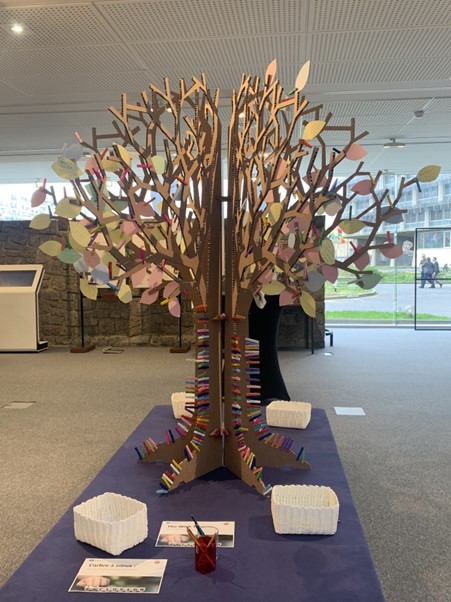
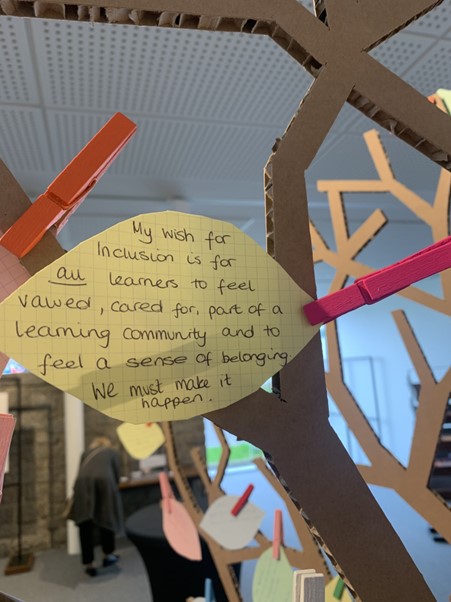
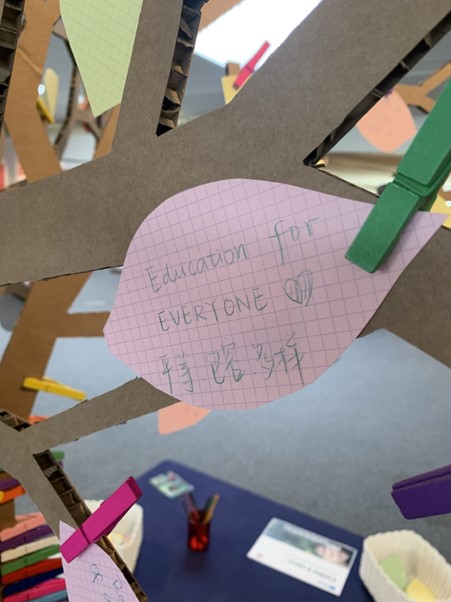
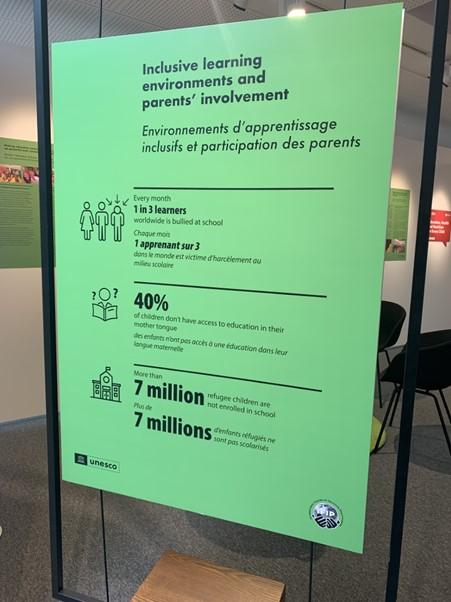
“Inclusion needs to be at the heart of the school – not a room at the end of a corridor”
Day two involved two panel discussions, exploration of the Global Inclusion Village and participation in a Think Tank.
The first of the panel discussions was around ensuring access to assistive technologies and inclusive ICTs. The panellists shared the benefits and limitations of inclusive technology from their own experience, with particular emphasis on equitable access across different countries. One of the panellists (Ms Betelhem Dessie) shared that her organisation had created a classroom in a shipping container to teach those in rural areas of Ethiopia how to code so that they could access jobs in the digital market. The company (iCOg – Anyone Can Code) has now taught over 30,000 students in a range of languages. I was pleased by the panellists’ awareness of digital poverty and how this can be a barrier for inclusion. Other panellists talked about technologies which they had developed to facilitate access to learning and communication for people with additional needs, who may not have been able to access this before. AI was discussed and I reflected that I feel a sense of hesitancy around this, and I know this is due to my lack of awareness on the topic and my concerns around safety for users and the wider population. I feel it would be interesting to see how this develops over the coming years and the role this has to play in inclusion and the education system.
The second panel focused on the transition from school to the labour market. The discussion concentrated on transitions from school to the workforce for learners and how workplaces can coordinate efforts to enhance employability for all. Panellists from Senegal, Israel, The Philippines and Benin shared initiatives from their countries and I was left reflecting on how we can support learners to transition successfully from education to the workforce/ training/ further learning as smoothly as possible in the UK. Richard Ingram, a researcher from the University of Exeter, closed the panel and shared his reflection that our current education systems appear to breed competition and actually how inclusive is this? He remarked “Education can save the world, but we need to save education first”.
Daniel Sobel (IFIP) and Justine Sass (UNESCO) closed the event and thanked all for attending and contributing. The best practice shared will now be discussed further to see how practice can be translated and embedded into policy to ensure inclusive education for all learners, across the globe. This will feed into UNESCO’s work and their sustainable development goal “to ensure inclusive and equitable quality education and promote lifelong learning opportunities for all”.
I then attended a Think Tank focusing on Parent Advocacy for Inclusion. The session consisted of small group conversations and all who attended were encouraged to consider strategies which they use already to support parent/ carer advocacy, which could be embedded into policy.
After this, I explored the Global Inclusion Village, reading about educational statistics from across the globe and case studies. There was an opportunity for participants to add their wish for inclusion to the tree- which I did.
I have considered my key takeaways from the event, and these are below:
- How can we support teachers in training and qualified teachers (through continuous professional development) to further their knowledge of inclusion and inclusive practice?
- How can we encourage all stakeholders to be a part of inclusive environments?
- There was no single definition of inclusion shared during the forum, which suggests different people have different ways of viewing and understanding inclusion. What does inclusion look like in different contexts? Should there be a universal definition or is it more inclusive to have various ways of viewing this?
-
Inclusion is very much a process, not an end point. It’s an evolving process and something we need to ensure is at the heart of what we do, always.
